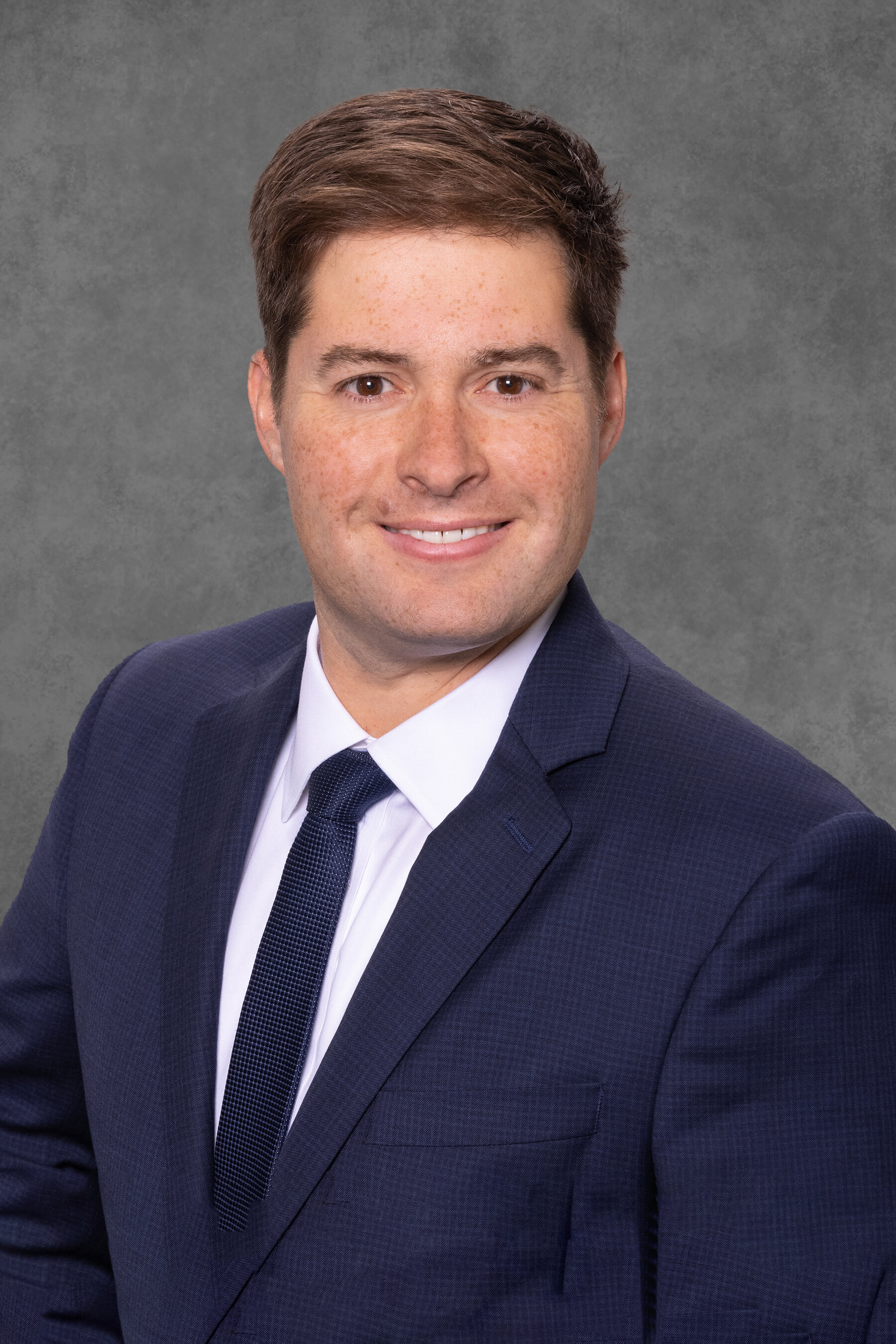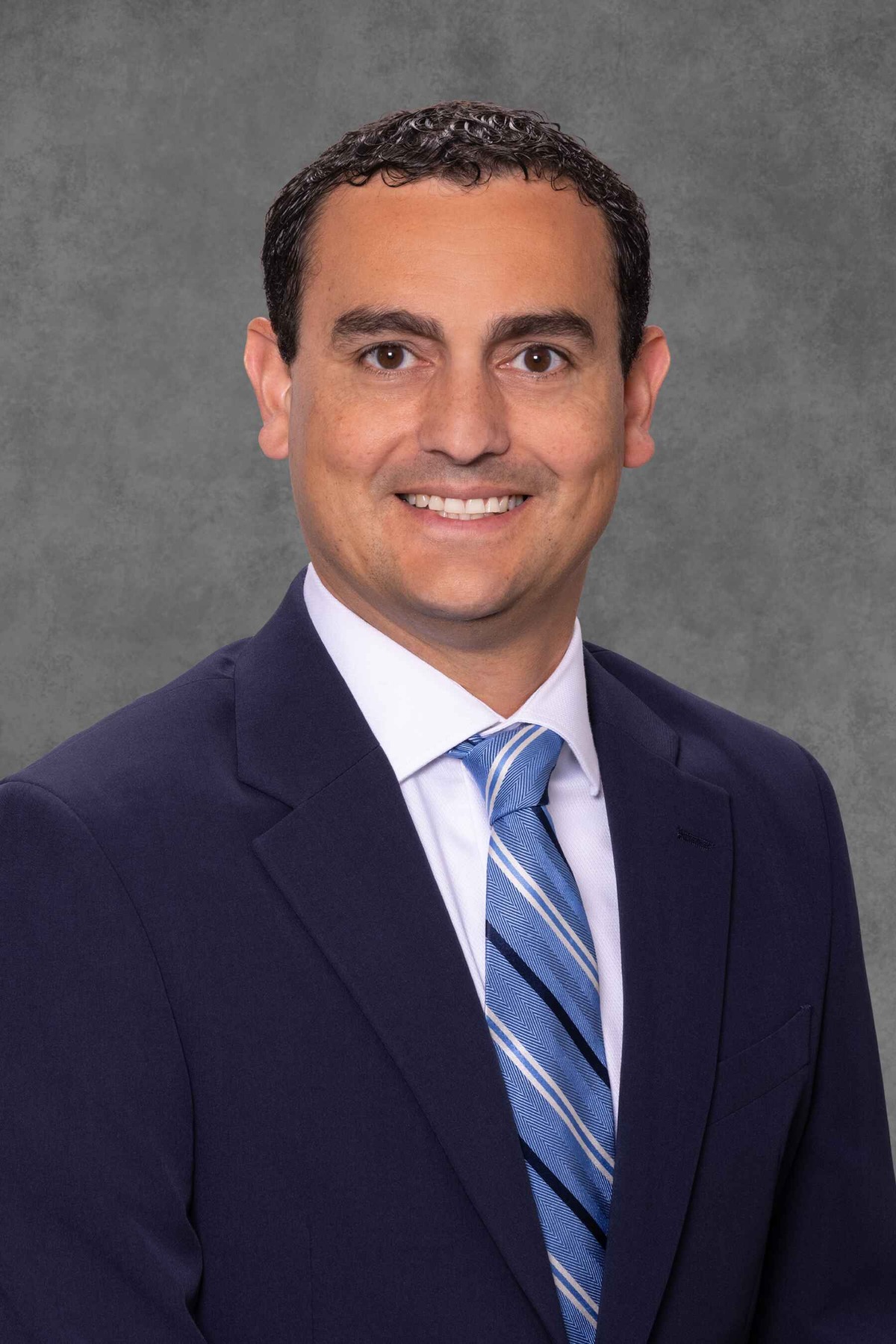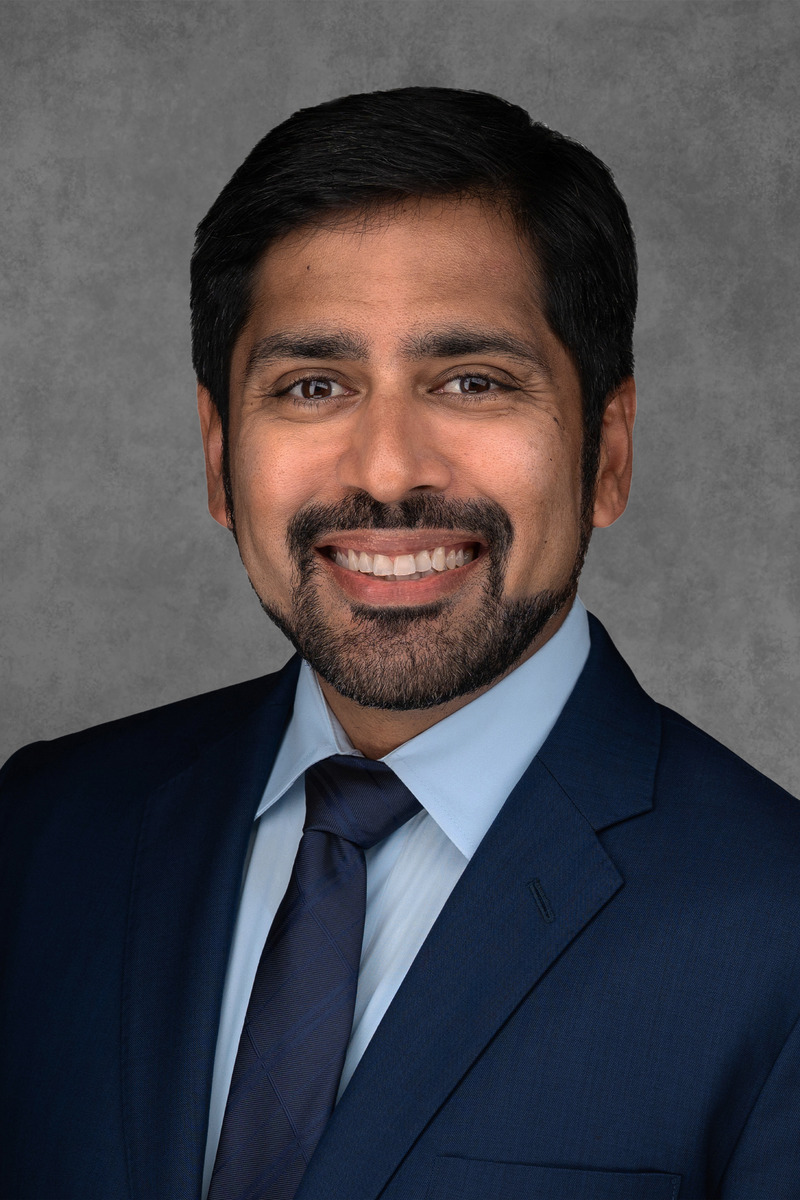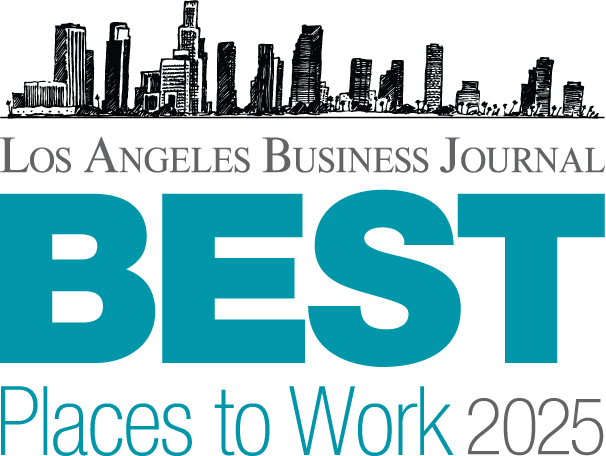Clear communication and structure are essential for high-net-worth families to protect their assets.
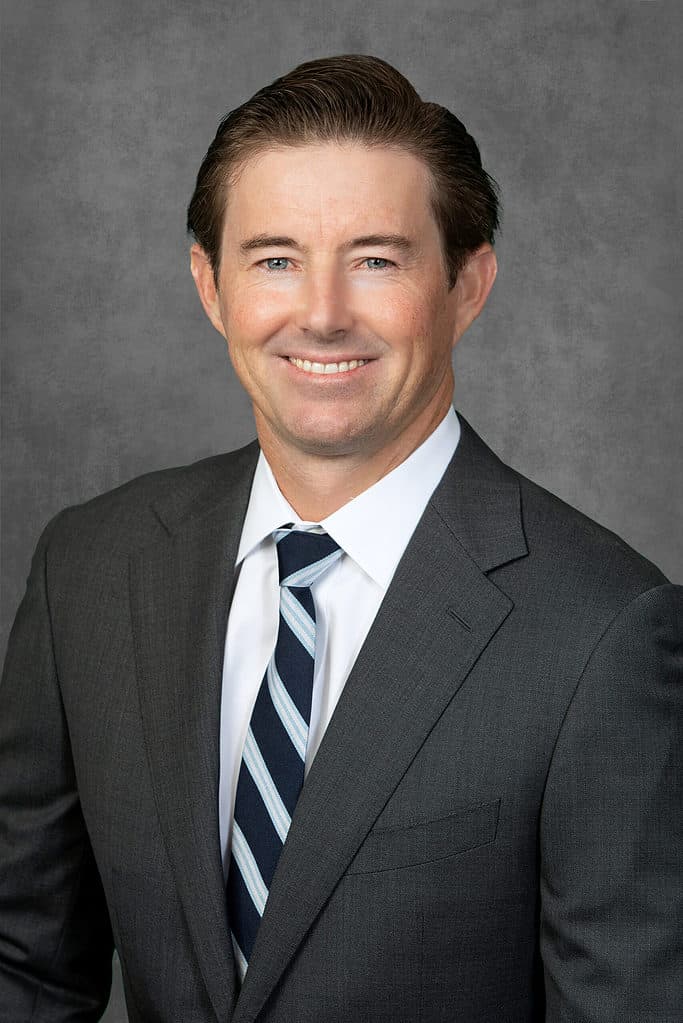 Even the best players need a coach—and a playbook. For ultra-high-net-worth families, that playbook, called family governance, is the key to successfully stewarding wealth and family businesses from one generation to the next.
Even the best players need a coach—and a playbook. For ultra-high-net-worth families, that playbook, called family governance, is the key to successfully stewarding wealth and family businesses from one generation to the next.
Of course, each family is unique, so there are no set plays. But advisors at a multi-family office have the coach’s advantage of seeing the entire playing field, observing interactions, knowing which players to call in for different situations, and enlisting trusted experts to keep everyone in top form and build a strong team culture.
To create strong, functional family governance, it’s vital to take four key steps (in this order, since subsequent steps build on the previous ones):
Step 1) Establish a shared vision and mission.
Some families already have a mission statement for their business, but they've never articulated a personal mission from a family standpoint. Creating shared objectives is crucial to ensure that all family members are aligned, and it’s often helpful to have an unbiased advisor who individual family members can speak to in private.
Step 2) Create a family governance structure.
Once shared values and goals have been identified, families can start to create a more formalized structure to guide future decision-making. This may include a family council or board of directors as well as policies, procedures, and practices for successful communications. It could even take the form of a family constitution.
Step 3) Develop a family education program.
A customized financial literacy program can bring the next generation or new family members (such as spouses) into the fold and help them take an active role in wealth management discussions. Depending on what level is needed, advisors can provide tailored lessons to cover everything from managing credit card debt to hiring guidelines for those working in the family business.
Step 4) Set up your family office.
If your wealth is causing infighting or confusion, or your business is strained by family dynamics, it’s probably time to offload personal matters to a family office. Some ultra-high-net-worth individuals create their own single-family, brick-and-mortar office with staff and resources they personally oversee. Others choose a multi-family office solution that provides comprehensive services to multiple clients at a time. The latter offers a much more economical structure and has the advantage of more resources and a broader perspective.
Working with Advisors to Create Structure: A Case Study For Why It Matters
 Not long ago, a new client at Whittier Trust asked us to manage the investment of $32 million in earnings from their family manufacturing business. Soon after, they requested help with their personal finances as well. As part of that process, our team was doing an estate plan review and identified a major issue. With nine family members involved in the family business, significant shares of the company would change hands if anyone died—enough to potentially destroy the business. Yet each of them had created their own separate estate plans without considering these ramifications.
Not long ago, a new client at Whittier Trust asked us to manage the investment of $32 million in earnings from their family manufacturing business. Soon after, they requested help with their personal finances as well. As part of that process, our team was doing an estate plan review and identified a major issue. With nine family members involved in the family business, significant shares of the company would change hands if anyone died—enough to potentially destroy the business. Yet each of them had created their own separate estate plans without considering these ramifications.
We discovered that some of the family members weren’t even on speaking terms, so repairing those dynamics had to be the first priority. After selecting one of our consultants to mediate, each family member got to speak their mind and share their individual concerns. In the meantime, the Whittier team was working behind the scenes with the estate planning attorneys. We eventually got all family members, attorneys, and consultants to the table to discuss business succession, which seemed like a small miracle.
Three generations were working in the family business and had established a rule that no one could own shares unless they worked there. One of the brothers had four children, none of whom worked for the family business, so none of his ownership could be passed down when he died; it would have to be bought back by the company. Another sister had no kids and planned to donate her shares to charity through the family foundation. But because of the buy/sell agreements, the company would have to buy those shares.
Under the current structure, we showed them that there wouldn’t be enough cash on the balance sheet to buy all the shares within their natural lifespans. The company couldn't survive. It was a jaw-dropping moment for them to realize their structure was not sustainable.
In the end, they all made a decision to move forward collectively as a family unit and align their estate plans. The business is no longer in danger from the necessity of buybacks and can continue to thrive. And we got word later that all three generations went on a family ski trip together, something they hadn’t done in 15 years.
This is why, putting on our coaches’ hats, we remind clients that each of the four steps is essential: creating a shared mission, structure, education plan, and family office. Since 1989, Whittier Trust has used this model to help wealth generators pass down their assets and businesses with confidence to their children and grandchildren. Establishing solid family governance practices takes time and patience, but once the standards are developed, they can last for generations.
Featured in Family Business Magazine.
Written by Brian Bissell, Senior Vice President and Client Advisor at Whittier Trust. Brian is based out of the Newport Beach Office where he provides a full range of wealth management, family office, philanthropic, real estate, and trust services.
To learn more about how a multi-family office can help steward your family's wealth, start a conversation with a Whittier Trust advisor today by visiting our contact page.
From Investments to Family Office to Trustee Services and more, we are your single-source solution.




